Above Board – All Hands on Deck and the Kennebunk Police Department join Forces with ENSO Recovery to Combat Maine’s Opioid Epidemic by launching the Kennebunk Recovery Coach Academy in January 2019.
Recovery coaches serve as personal guides and mentors for people on their journey of recovery, suggesting strategies and resources to aid in managing the transformative nature of recovery, and empower the recoveree to sustain a productive and fulfilling life.
Based on the Connecticut Community for Addiction Recovery Model (CCAR), the 30 hour training program provides participants with information on guiding principles of recovery, distinguishing the addiction counselor/recovery coach and sponsor/guide, keeping up with changes, boundary issues, self-care, referral skills, crisis intervention, recovery wellness plans, cultural competence, professional development, sexual harassment, values and differences, pathways to recovery, stages of change, motivational interviewing, spirituality and religion, privilege and power, listening and communication skills, and much more.
Over the last several decades, the treatment industry, driven by the tightening of insurance reimbursement for substance use treatment, has transitioned to an acute care rather than a chronic care model to treat substance use disorders. Recidivism and mortality rates have dramatically increased demonstrating the necessity for continued support as the individual navigates the different stages of recovery in the community. Treatment today is characteristically brief, often limited to crisis-oriented biopsychosocial stabilization. To ensure the availability of continuity of care, recovery communities and professional treatment providers have adopted the Peer Recovery Specialist model from the Mental Health and general healthcare industry as a best practice to provide” the core functions of P-BRSS that span the stages of recovery initiation/stabilization, recovery maintenance, and enhancement of quality of life in long-term recovery and may encompass support at individual, family, neighborhood, and community levels”. 1
“Addiction is a primary, chronic disease of brain reward, motivation, memory and related circuitry. Dysfunction in these circuits leads to characteristic biological, psychological, social and spiritual manifestations. This is reflected in an individual pathologically pursuing reward and/or relief by substance use and other behaviors.
Addiction is characterized by inability to consistently abstain, impairment in behavioral control, craving, diminished recognition of significant problems with one’s behaviors and interpersonal relationships, and a dysfunctional emotional response. Like other chronic diseases, addiction often involves cycles of relapse and remission. Without treatment or engagement in recovery activities, addiction is progressive and can result in disability or premature death.” American Society of Addiction Medicine



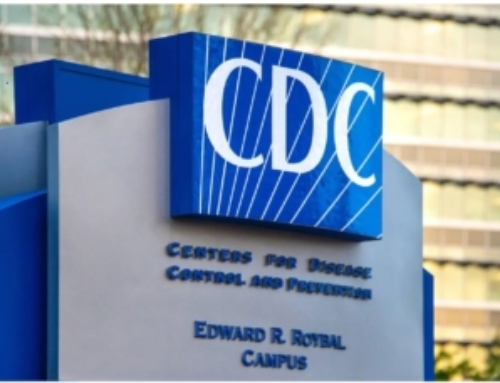
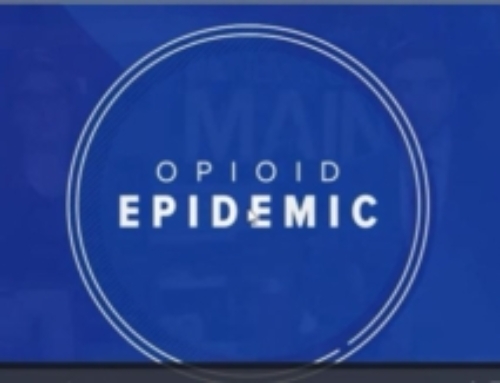
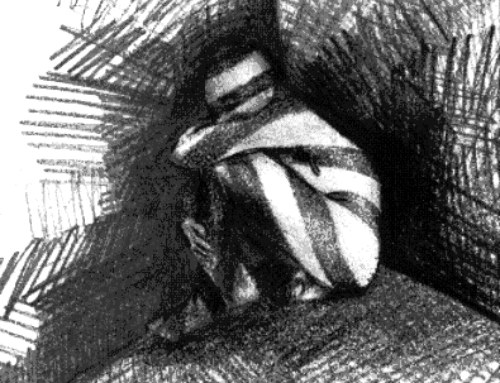
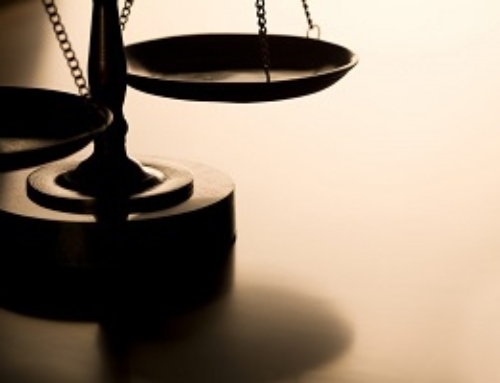
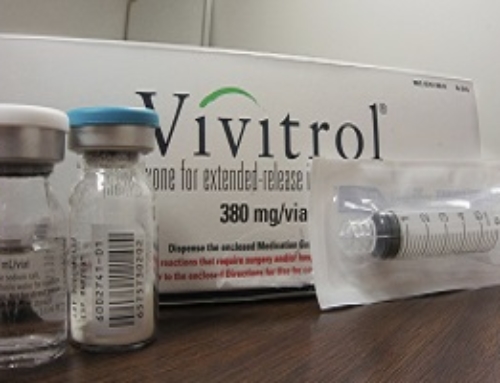
Leave A Comment